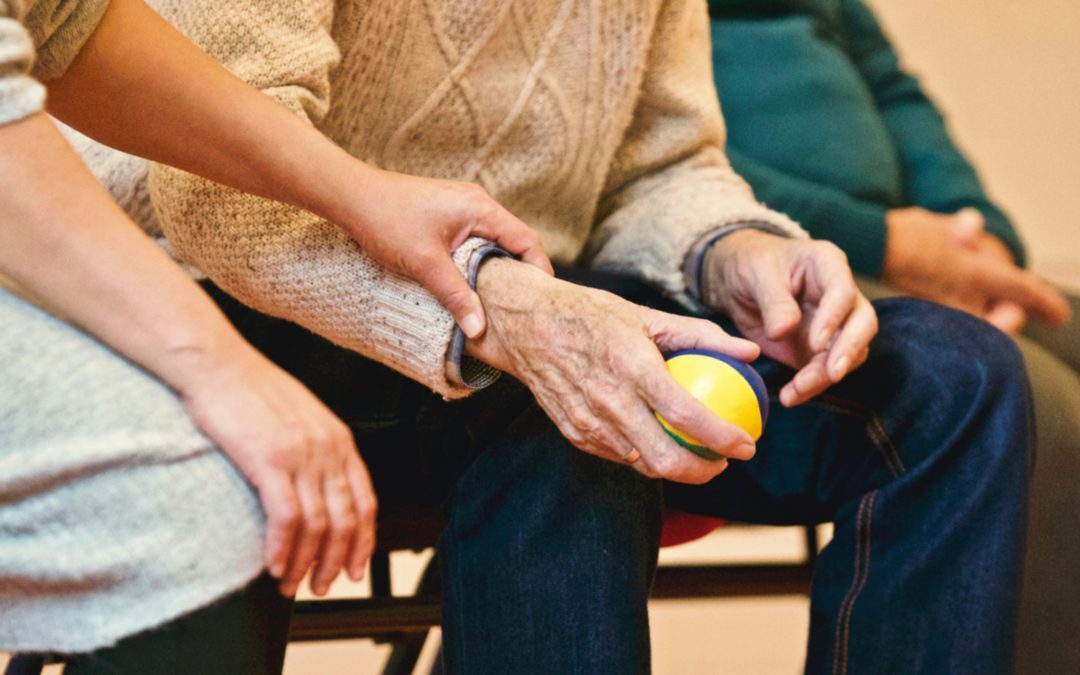
What Does Long-Term Care Actually Cost?

Although no one likes to think about it, as your loved ones get older, there’s a good chance that they will need more intensive medical care. Whether that means having a home health aide look in on them a few times a week or moving them into a nursing home full-time, it can be a difficult and emotionally wrenching situation to care for a family member who can no longer take care of themselves.
In addition to the emotional demands, long-term care is extremely expensive, and can drain your loved one’s savings account…fast! That’s why it’s essential to plan ahead and work with an estate planning or elder law attorney who can help protect you or your loved ones from running through their savings. This helpful guide will take you through the basics of long-term care planning, specifically when it comes to caring for your aging parents. Below are some answers to common questions about the cost of long-term care.
How Much Does Long-Term Care Cost?
Long-term care takes many different forms, but it can generally be divided into two categories: in-home care, where trained professionals care for your loved one in their own home, and residential care, where they leave their home and live in an assisted living facility or nursing home.
Whichever form of care is right for your loved one, the costs can be challenging. For in-home care, the average hourly rate in Alabama is $20/hour, but it can easily range upwards of $30, depending on your location and the level of care provided. For assisted living, the average cost in Alabama is about $3,500 per month, although this rate may be higher in more expensive areas, such as Birmingham or Florence.
The most expensive option is a nursing home residency. Costs vary considerably, but one recent study puts the average yearly cost for a semi-private room in Alabama at $80,000 a year, and the price for a fully private room at $84,000. Needless to say, these costs can stretch the budget of the average household more than just a little bit.
Planning for Long-Term Care Expenses
Although these numbers can be head-spinning, there are resources available to help you meet them. Medicare benefits can serve as a valuable bridge for when your loved one first requires more intensive medical assistance, but are not a long-term solution. Medicare benefits only cover 80 percent of costs, and only cover 100 days of care. In addition, they typically only cover skilled nursing care, and limited home care.
Medicaid benefits, though, cover most of the additional long-term care costs that Medicare cannot. Medicaid is need-based, but there are ways to qualify…no matter what your financial situation. With proper legal planning and the correct organization of your assets, you will be able to protect your savings and pay for whatever assistance your loved ones may need.
The Importance of an Elder Care and Estate Planning Attorney
Navigating the costs of long-term care can be a complicated and challenging experience, which is why it’s so important to plan ahead. The need for long-term care can arise suddenly, and if you haven’t properly prepared for this possibility, you may find yourself scrambling for help. Meeting with an experienced elder care and estate planning attorney can help you plan for whatever may happen to you and your family, and help you rest easy knowing your family’s assets are safe.
At Miller Estate & Elder Law, we have many years of experience helping people care for their loved ones—while protecting their hard-earned savings. Contact us today and start putting your family first.





